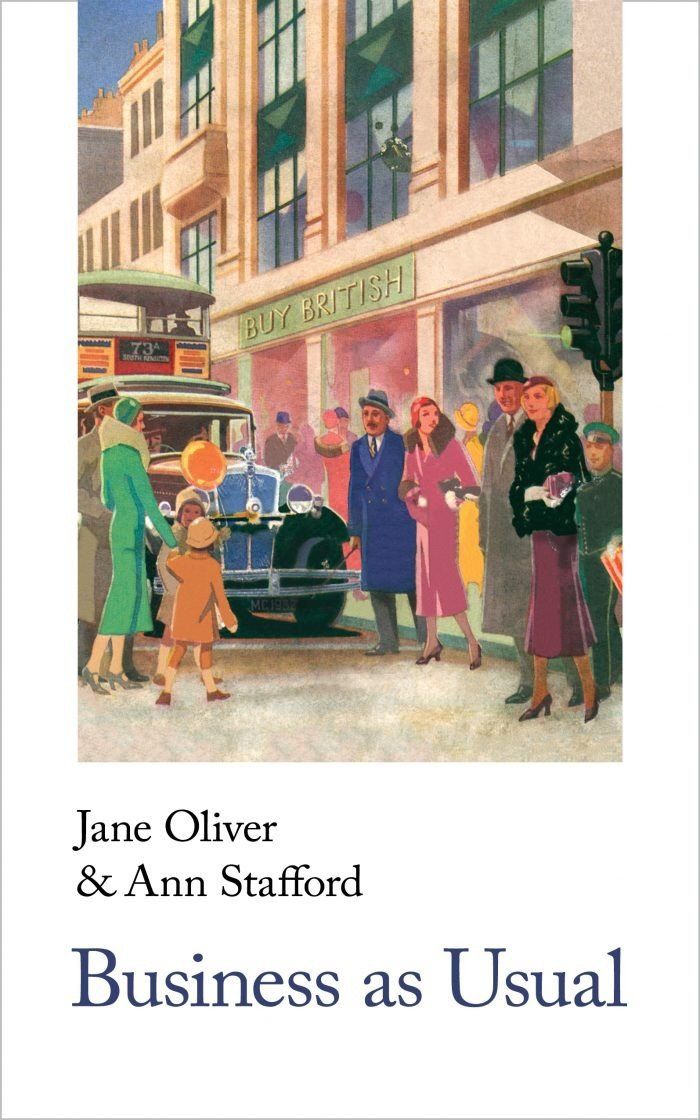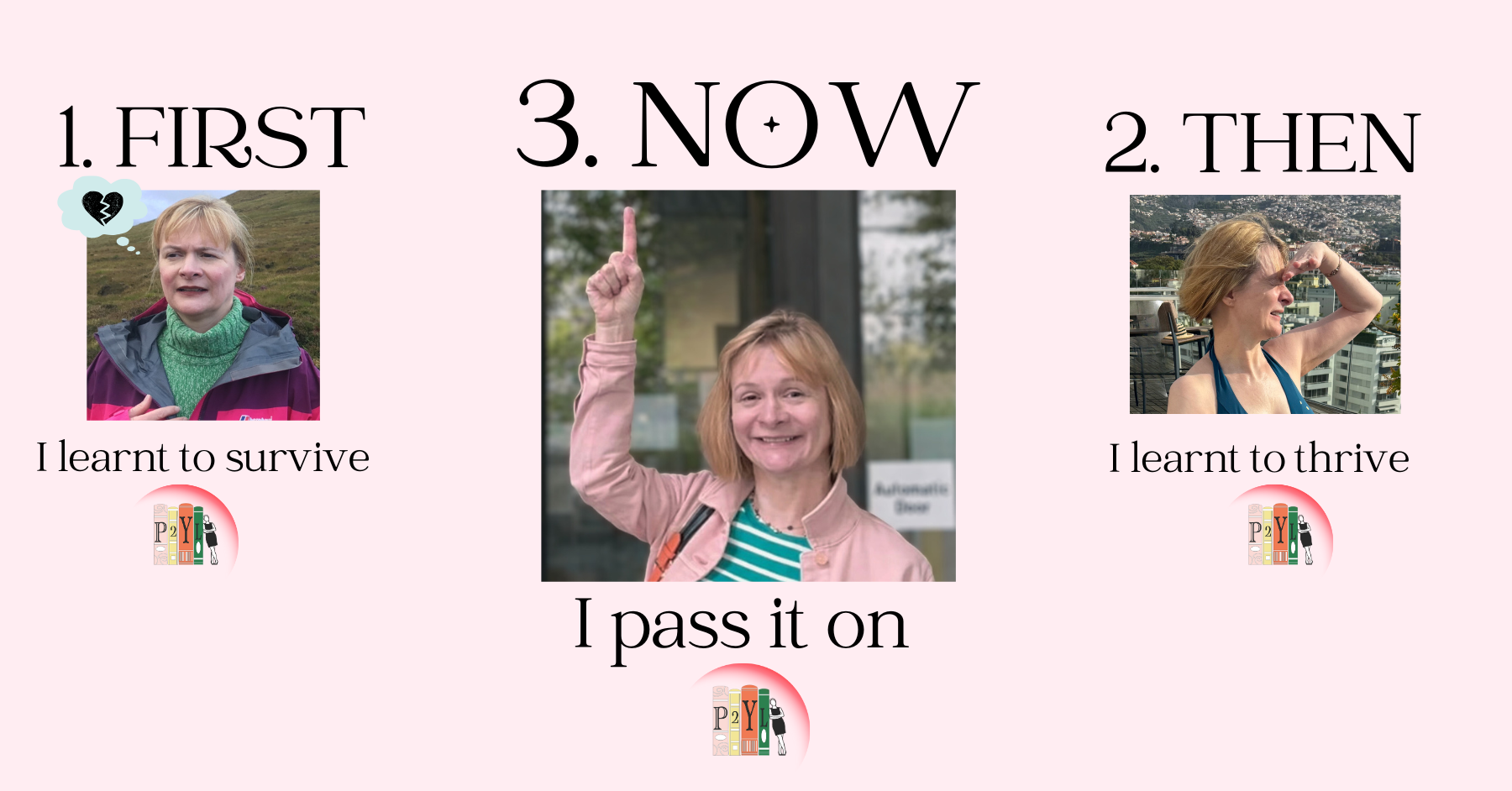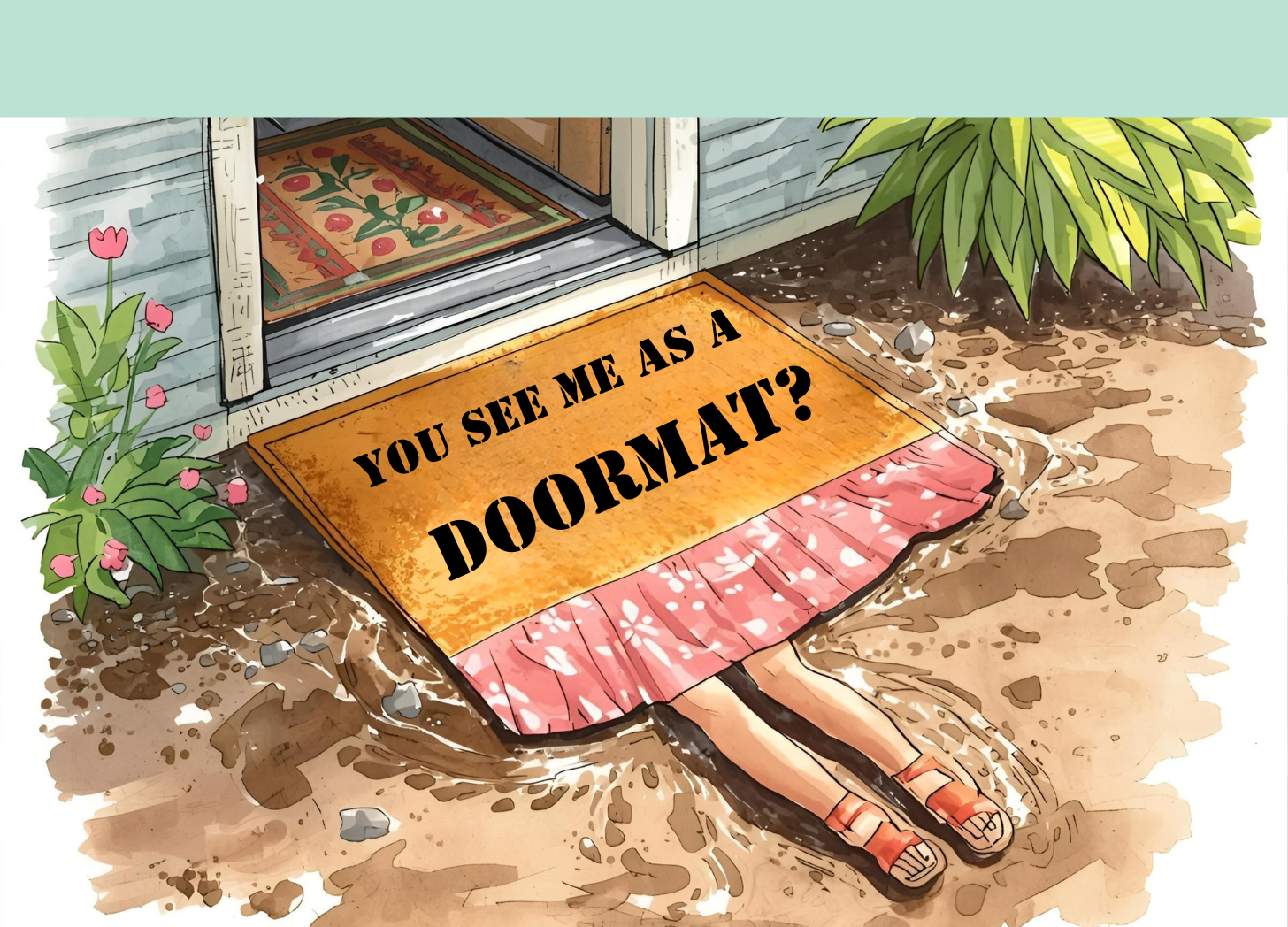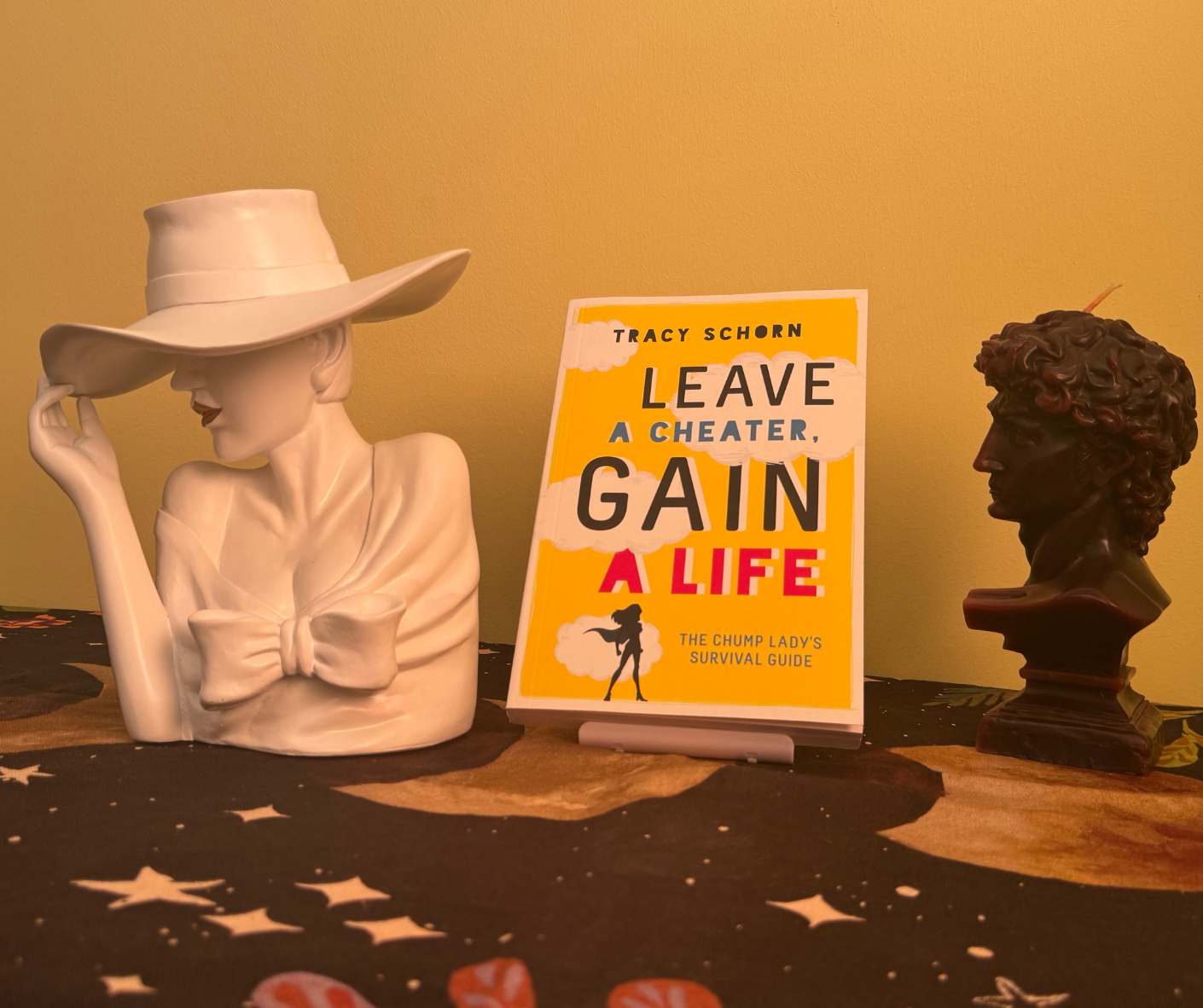
Book review | Business As Usual
Dedicated to 'The people who work from nine to six'
I am a standing joke among my on-trend reader friends for not reading the latest hyped bang-up-to-the-minute must-read.
Yet as C S Lewis said, ‘Why should I read books written by people who happen to be alive at the same time as I am? On that basis should I also read books by authors with the same colour eyes?’
To me time is the ultimate judge of a good book, which is why good books from the past are a tried and tested treat. There are the classics which have an undeniable genius about them and never go out of print. And then there's the special charm of books that were loved and read in the past, fell out of print when reading fashions changed, but are still so good to read, they've bounced back.
So how inspiring to find publisher Handheld Press intent on hunting them down and beautifully republishing some wonderful writers from the mid-twentieth century for a new generation of readers.
Business As Usual (published March 2020) by Jane Oliver and Ann Stafford, is dedicated to ‘The People Who Work From Nine to Six’, and has a gorgeous retro cover, this one reproduced from a 1932 issue of The Morris Owner (sort of like a 1930s Top Gear magazine), with in-line quirky line drawings by Ann Stafford.
It’s the story of Hilary Fane, with newly minted university degree, recently engaged to be married, and determined to take a job for a year before the wedding to support herself. Told through Hilary’s letters to parents and fiancé, and through interdepartmental memos, the world of mid-20th century London retail life is brought sharply into focus.
Some parts of life are instantly recognisable. A woman’s desire for independence as well as love. The demoralising and exhausting business of job hunting, which culminates in Hilary starting as an assistant in the Clerical Department of Everyman’s of Oxford Street (‘Our business is your pleasure’), loosely based on Selfridge’s. The nature of entry-level work: she starts out spending her working day writing labels, earning two pounds ten a week, Saturday afternoons and Sundays off.
It’s also quite reassuring to find that women 90 years ago also felt rushed and harried and had mixed feelings about work: ‘The worst of earning one’s living’, Hilary observes, ‘is that it leaves so little time over to live in.’
The office politics are right on the money too: ‘The whole place is vile with intrigue and corner-conversations which stop when I come past. I thought this sort of atmosphere was only found in girls’ boarding schools. It seems to belong to business as well. I’d no idea what devils women could be to other women in an entirely passive way.’
No longer part of office daily life but appealing to the retronaut in all of us is the backdrop against which Hilary's experiences are played out: no electronic gadgets for a start so she is reduced to doing sums on her fingers in front of customers which doesn’t go down too well with the management. It’s a world of carbon copies, filing cabinets, typewriter ribbons, and treasury tags, where people are addressed as ‘Mr’ or ‘Miss’. No married ladies on the staff in those days.
Although upbeat in tone, there are also some poignant pen portraits giving the effect of a Lowryesque scene of scurrying figures in what is after all Depression-era London: 'I've no idea that so many old women went to work on outside jobs: I met dozens of them, plodding about with string bags or queer parcels. I suppose they're chars, or dailies, coming from making other people's breakfasts ; quite unresentfully, most of them, because they've done that sort of thing all their lives. And some still older women go from one dustbin to another with sacks at this time of day: they life the lids and finger the muddle inside with grey, careful that never miss a bottle or crust.'
One tantalising ingredient to note about Business As Usual is the fact the Hilary’s letters provide only one side of the story so the reader inevitably starts reading between the lines amidst some dawning suspicions that keep us galloping through the book to see if we’re proved right or not.
Sharply observed, ruefully amusing, and a joyous rediscovery.
Business As Usual
is published by
Handheld Press
on 23 March 2020.











